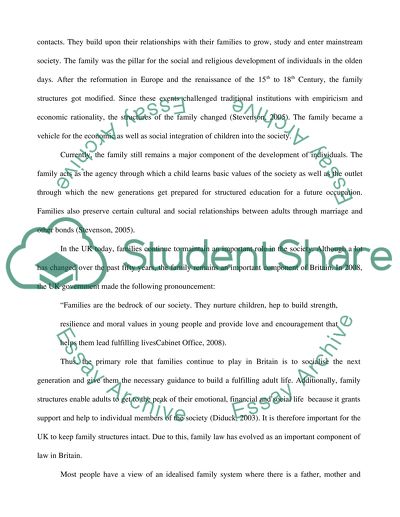Cite this document
(“Justifications for Migratory Restrictions Essay”, n.d.)
Retrieved from https://studentshare.org/law/1394871-justifications-for-migratory-restrictions
Retrieved from https://studentshare.org/law/1394871-justifications-for-migratory-restrictions
(Justifications for Migratory Restrictions Essay)
https://studentshare.org/law/1394871-justifications-for-migratory-restrictions.
https://studentshare.org/law/1394871-justifications-for-migratory-restrictions.
“Justifications for Migratory Restrictions Essay”, n.d. https://studentshare.org/law/1394871-justifications-for-migratory-restrictions.


